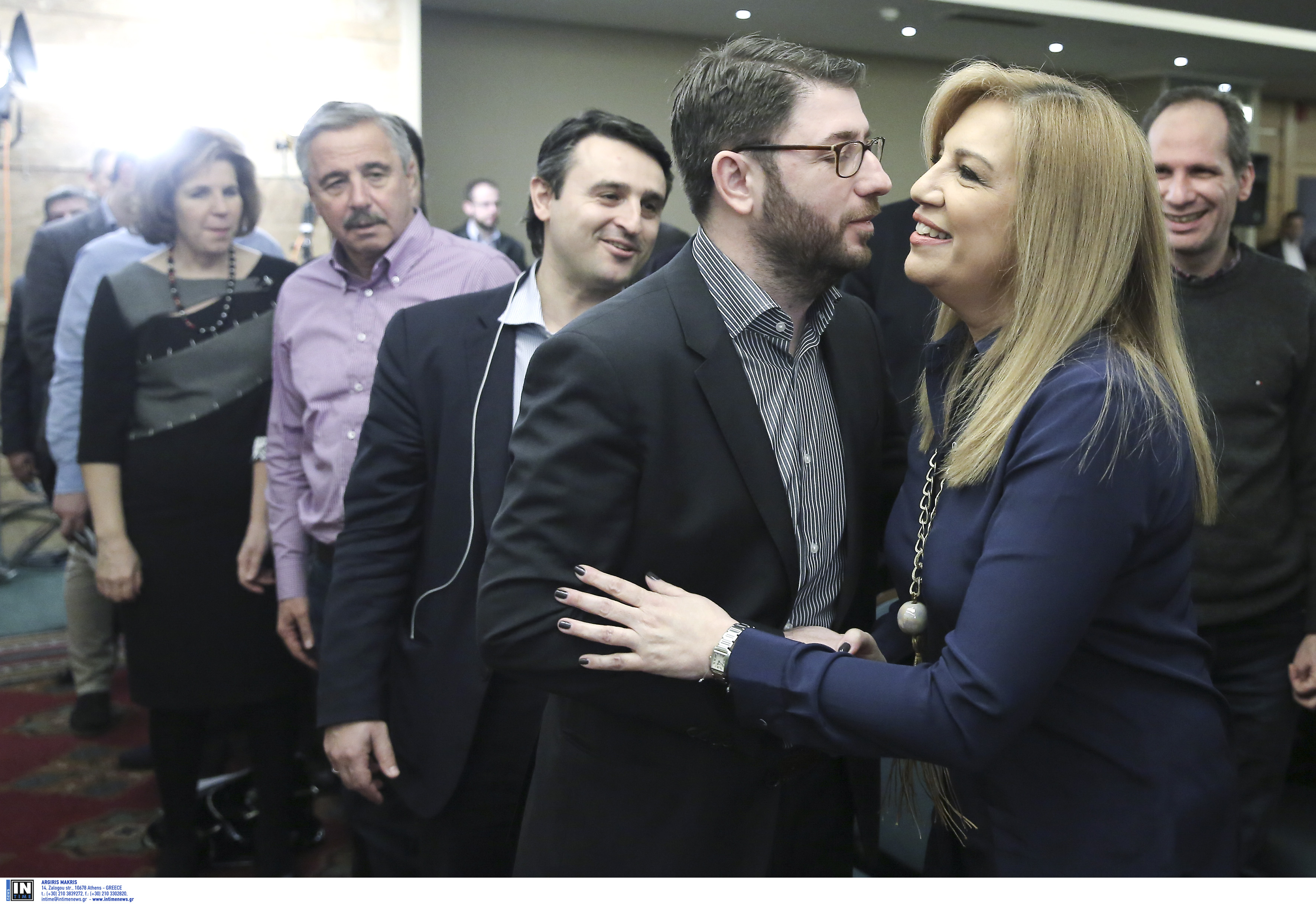With centre-left voters having chosen Pasok leader Fofi Gennimata and former Pasok secretary Nikos Androulakis as the top two candidates in the first round of voting to elect the leader of an emerging new party, the two are expected to cross swords in a nationally televised debate, most likely on Thursday, to be broadcast by ERT state TV.
For Gennimatas, who garnered over 40 percent of the vote in the first round and is thus considered the favourite, the objective is a victory by a substantial margin.
But Androulakis is conveying the message that the game is wide open, and that the new party needs a new generation of leadership for a fresh start.
The young candidate has made clear that the days until the run-off will not be a love-fest between two Pasok politicians, but rather a game of hardball on his side.
Androulakis depicted Gennimatas as the product of nepotism, as her late father was Yorgos Gennimatas, who is credited with having founded the ESY National Health System as Andreas Papandreou’s health minister in the 1980’s.
“For me the strategic opponent is hereditary rights in politics,” Androulakis said.
“If you have an inheritance or some money, you become stronger. Was your father a politician? Then quite possibly you are much more likely a politician than someone who lacks hereditary power,” Androulakis declared.
In an attempt to capitalise on his youth, he is depicting the electoral battle as one between the old and the new.
As much as the candidates try to argue that the run-off is not simply a war between two partisan Pasok armies, many believe that the exclusion of non-Pasok candidates such as Athens Mayor Yorgos Kaminis (who placed third) and Potami party leader Stavros Theodorakis, has rendered this coming Sunday’s run-off a family fair.
Only those who voted in the first round are eligible to vote in the 19 November run-off.
Still, a key question that remains is whether voters who selected Kaminis or Theodorakis can be persuaded to vote for either Gennimata or Androulakis.
Most observers believe that the two losing candidates do not have the power to direct their voters, or at least that they will not attempt to do so.



